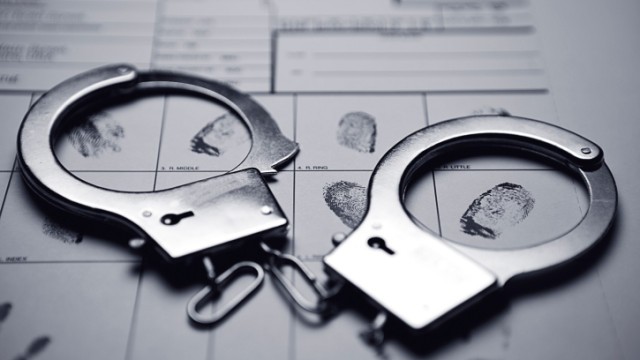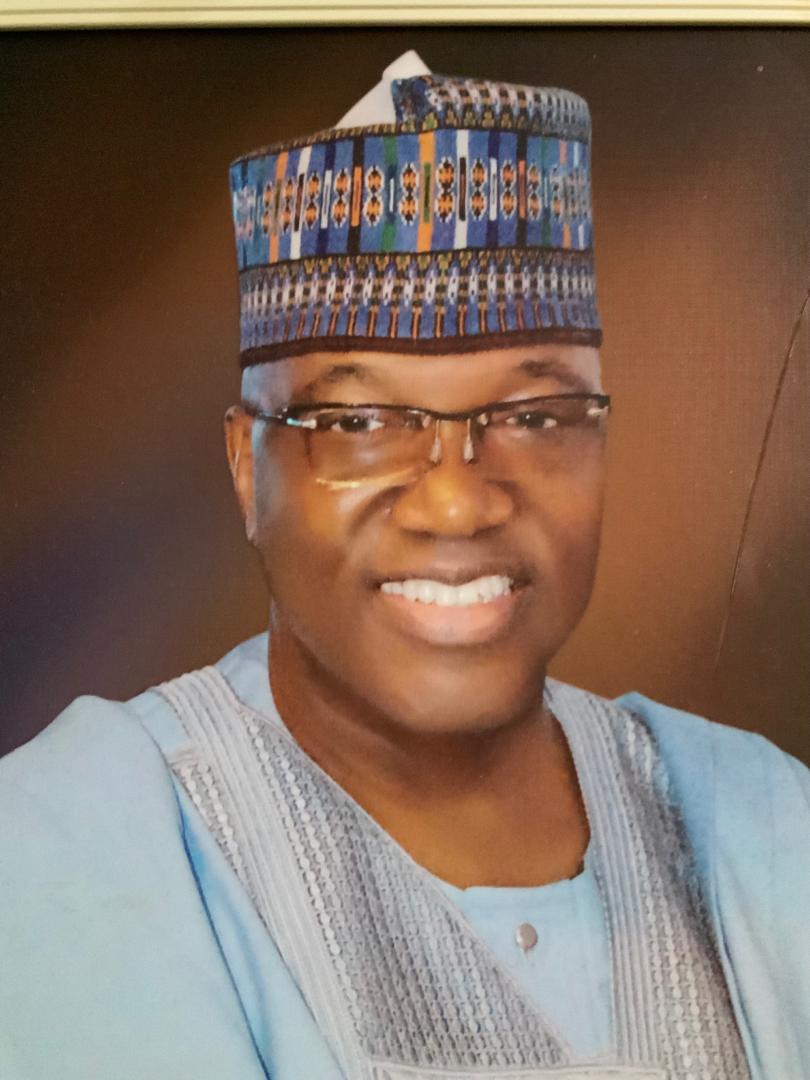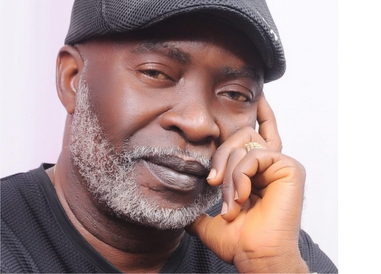A reporter with International Centre for Investigative Reporting, ICIR, Odinaka Anudu, has exposed permits racketeering in more than two local governments in Lagos State.
In a detailed report published in ICIR, Anudu revealed that he went undercover as a trader and went to Amuwo-Odofin Local Government Area on Monday, February the 1st, 2021.
According to him, he made similar report in 2019 when he exposed how two government officials in Lagos offered their personal bank accounts to traders to pay in official taxes and charges – to the detriment of the state and its treasury.
Traders who had paid such charges into personal accounts of government officials were reluctant to present their bank tellers to the reporter for fear of being victimised. More than two years after, the reporter had been told that such sharp practices were still going on at Lagos local government councils. However, like in 2019, nobody came forward with evidence. As a result, the reporter chose to go undercover to get evidence against the officials. Hence it would be difficult to unravel these practices without the covert reporting method.
So on this fateful day at Amuwo Odofin LGA, he was accosted by one friendly-looking gatekeeper who asked of his mission at the council.
“I wish to see those in charge of shop permits,” the reporter replied, posing as a trader.
At Amuwo-Odofin Local Government Area, people stood in groups. One set of people was in a single file, registering for the compulsory National Identification Number (NIN). Another group was local government officials discussing in hushed tones. Others were mostly visitors who needed one service or the other.

“Who is in charge of trade permits here?” the reporter asked a stout, dark-complexioned man, who turned out to be an official of the council.
The official moved into a small room and came out two minutes after. “The person in charge of permits is not available now,” he told the reporter. The official offered the phone number of the man in charge.
Alexander Dele Olorunfemi was identified as the man in charge of trade and other shop permits. He gave his phone number to the reporter for further discussions. The reporter had posed as a trader who recently rented a shop at 23 Road in Festac (an important area within the local government) and needed to pay all shop permits to avoid being disturbed by officials. The reporter assumed a pseudonym, Ken Sagbor.
After a few minutes of phone discussions, Olorunfemi, popularly known as ‘Mr Alex,’ asked the reporter-turned-trader to pay N10,000 for Trade Permit and N1,000 for TV/Radio Permit – bringing the total sum to N11,000. However, Mr Alex made no effort to see the reporter or the shop in question.
The reporter verified from no fewer than five traders, and they confirmed that they paid for the same items when they started, though they all admitted to having paid less. Two said they paid N6,000, two others paid N7,000, and one trader recalled paying N7,500. All the payments were made between 2018 and 2020.

The reporter requested the local government account details for onward payment, but Mr Alex offered his own personal account details. He sent in a Polaris Bank account number, 1017489485, at 4:11 pm on February the 1st, to the reporter.
After paying in the money on February the 2nd, the reporter requested a payment receipt, but Mr Alex assured him that he should not worry. The reporter then told Mr Alex that he would be out of Lagos the following week and that his brother would stand in for him should anything arise. Mr Alex asked the reporter to “give my phone number to your brother, in case if you are not around for him to call me next week.”
The reporter then put a question to Mr Alex: “Is the receipt really important?”
“Yes, but if the receipt is not out on time, if any of my colleagues come to the shop…” Mr Alex replied.
Mr Alex’s statements were not complete. It was unclear whether it was caused by a network problem or was a deliberate way of leaving the message unclear. But two interpretations were deduced from Mr Alex’s words: Ask the reporter’s brother to call him if local government officials came calling or tell his brother to call him for the receipt next week.
However, the reporter found from a senior official of the local government that receipts were always ready once payment for any charge, tax or fee was made.
“It is a story for the gods. Receipts are ready any moment you pay,” the official at Amuwo-Odofin, who did not want her name mentioned for fear of reprisal, told the reporter.
The reporter asked a local government official at Ikeja Local Government Area about receipts, and he confirmed that they were always available and issued immediately upon payment.
Mr Alex did not provide the receipt till February the 21st, when the reporter ended further discussions with him.

Chairman of Amuwo-Odofin Local Government Area Valentine Braimoh was contacted to answer various questions bordering on transparency at the local government council. The questions bordered on the official local government bank accounts for payment of trade and TV permits, the number of charges that traders were mandated to pay, and how he would handle cases where individuals at the council allowed traders to pay official fees and charges into their personal accounts. A text message was sent to his phone number on March 15, but he did not respond. Calls were placed across to him, but he did not pick.
Four WhatsApp messages were sent to him between March 15 and March 17, and the freeware indicated that he read the messages, but he did not respond as of the time of filing this report -more than one month after.
To know other local governments involved in this racketeering, read his reports here.

Freelanews is a potpourri of news, entertainment, business, events and photos. This is no fake news.




























